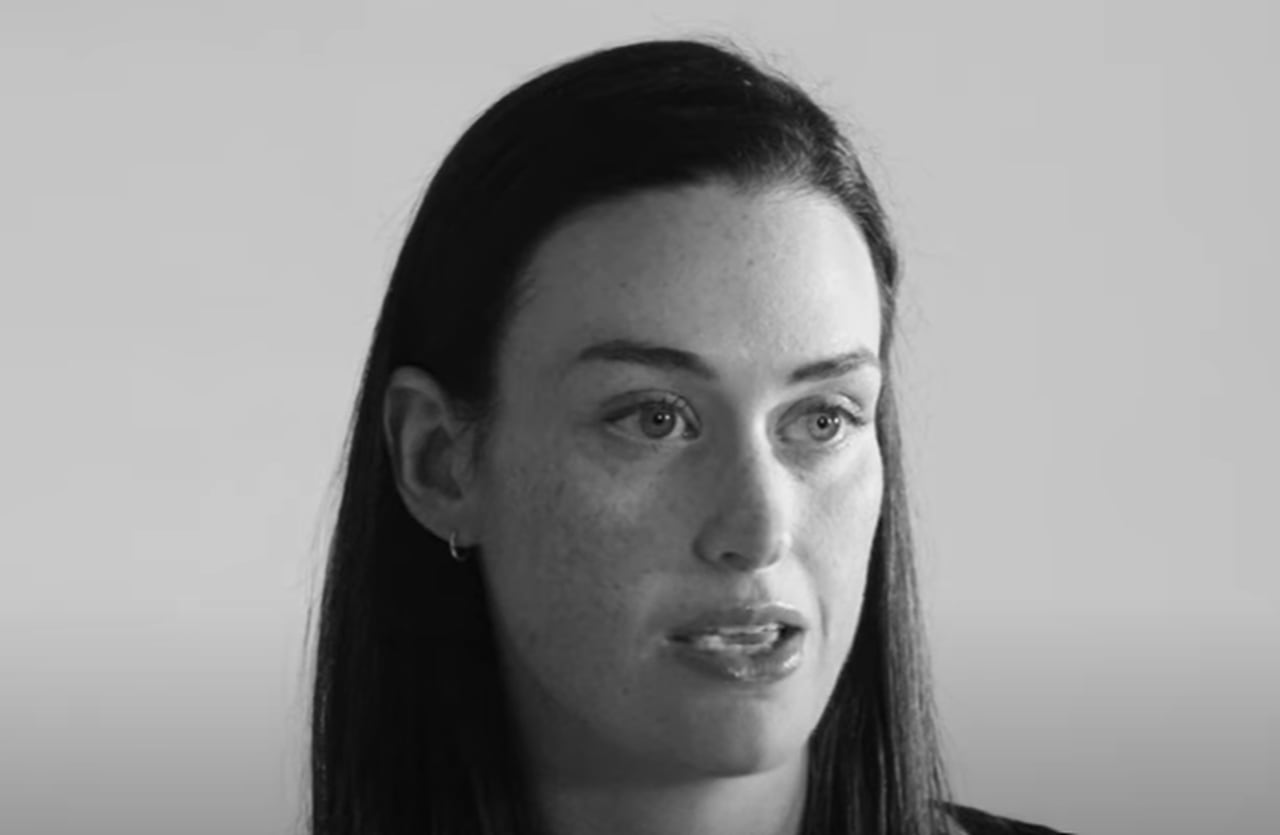Alabama woman with congenital heart defect: ‘Minutes, days and hours’ matter with IVF
Emily Capilouto has been forced to wait to have a baby as she hopes for a legal cloud to lift.
Alabama’s Supreme Court ruling on Feb. 16 that frozen embryos have the same legal status as a child prompted several in vitro fertilization clinics in the state to temporarily suspend their programs.
“I was at home when I found out that my clinic had suspended care due to the recent Supreme Court ruling, and I immediately fell to the ground crying,” Capilouto said.
Now her wait continues.
“Minutes, days and hours matter here,” she said.
“These treatments are based off of women’s menstrual cycles, and so if we lose days, we’re actually losing months. You can’t start these treatments over just because you’ve disrupted a week or two. You have to wait sometimes four to six weeks.”
Capilouto’s struggle is further complicated by a medical condition.
“About two years ago I found out that I had a congenital heart defect,” she said. “We had recently been married about six months prior to that, so we were trying to conceive naturally. Upon finding out that I had this congenital heart defect, I was advised by doctors to stop trying to conceive, as it could put my life in jeopardy, and through that process we found out that we in fact carry a different mutation that is very severe and fatal, incompatible with life.”
That makes the process more arduous and difficult.
“My husband and I started a series of genetic tests and procedures,” she said. “This has taken over two years, multiple genetic panels, a lot of genetic counseling and multiple surgical procedures on my part, in order to be able to ensure that when we transfer an embryo it has its best chance at becoming a baby and with that, I had my first egg retrieval in October of last year. We have one frozen embryo that is viable from that cycle. We had our second egg retrieval in January of this year on the 31st. We are still awaiting results from our genetic testing to see if we have any viable embryos. So, we were hopeful that we could begin a transfer as early as March or April, and now our entire timeline is in jeopardy.”
Capilouto said other women may face a variety of health risks.
“One of my gravest concerns is that there are women in the state of Alabama that are going to be diagnosed with cancer in the coming weeks who will face having to make decisions about fertility preservation and egg retrieval and forming embryos before they begin their treatment,” she said. “I don’t want any woman to have to make that decision. Before they fight for their lives, they should be able to plan for their families.”
On Feb. 29, Alabama lawmakers passed a proposed temporary fix to protect IVF clinics.
